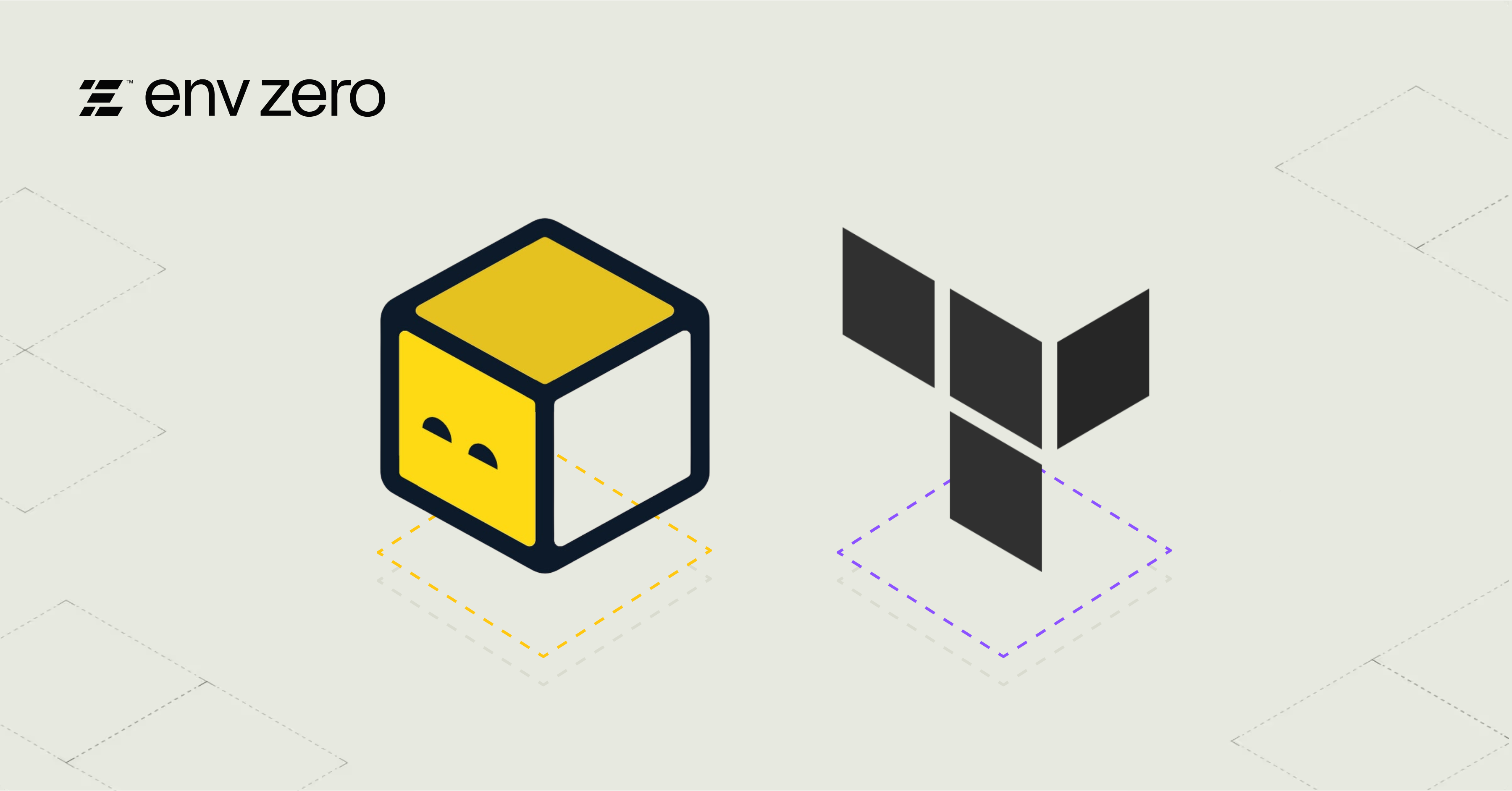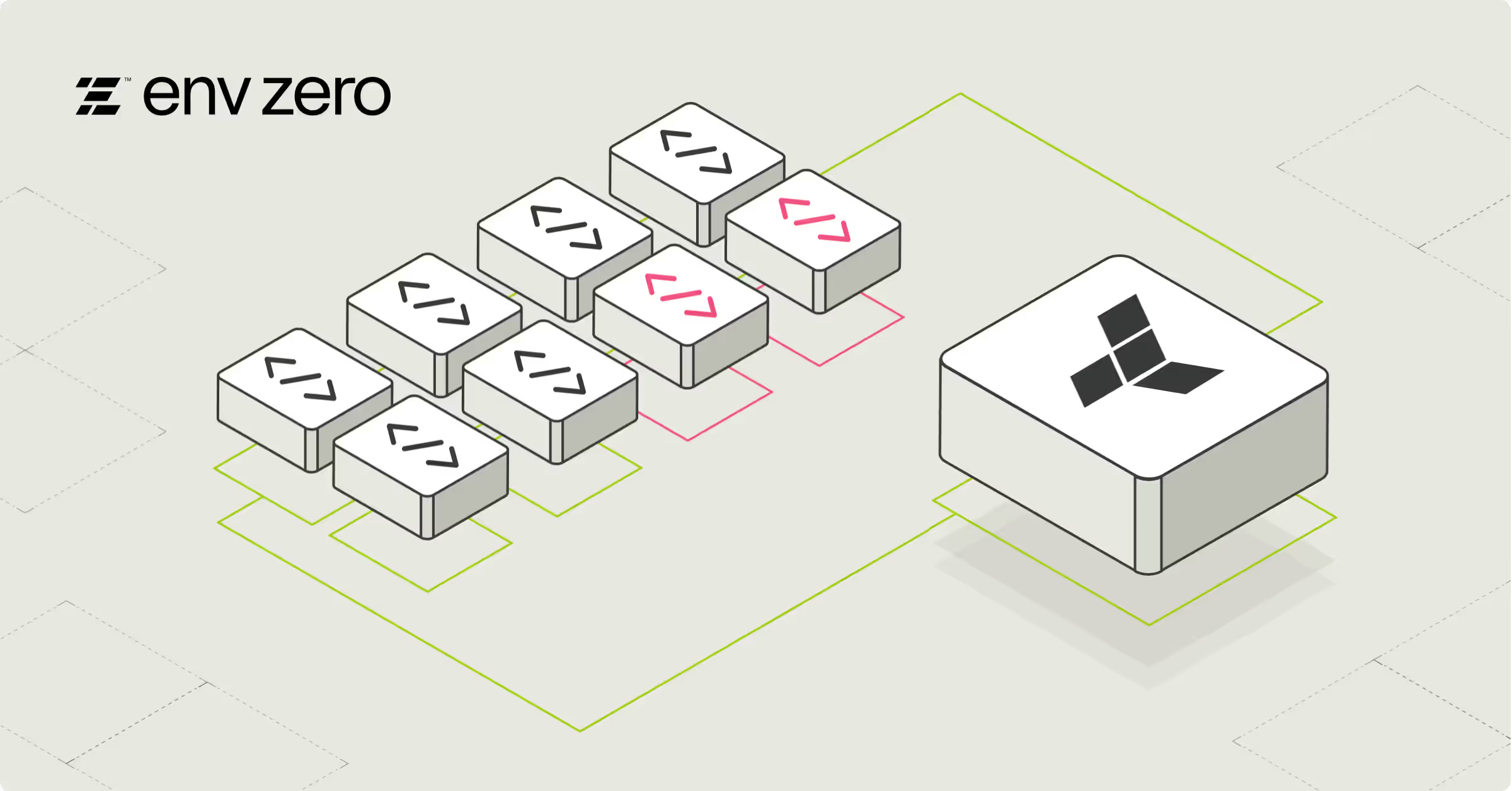

Today marks yet another milestone in the remarkable journey of OpenTF, with the project officially joining the Linux Foundation under its new name - OpenTofu.
Before I delve into the finer details, I wanted to say that - on a personal note - this is an exceptionally rewarding moment.
As one of the founding members, I can't help but feel a bit like a proud parent. What initially started as a necessity has grown into an amazing collaboration, with individuals, organizations, peers, and even competitors uniting under a common mission: to secure the open-source future of Terraform.
It's been a privilege to be part of something of this magnitude, and while the adventure is only just beginning, it already carries the weight of a once-in-a-lifetime opportunity.
Now, let's return to our scheduled programming...
A New Name

As the saying goes, there are only two really hard things in Computer Science: cache invalidation and naming things.
Selecting a new name for OpenTF wasn’t easy, especially since we all loved the original. Nevertheless, due to potential trademark issues, we had to find an alternative.
The subsequent process involved extensive ideation, some legal counseling, and several rounds of voting. Here are a few other options that were left on the drawing board:
- Archo - Like “architecture” but with an “o”
- EchoSphere - A self-sustaining ecosystem
- Kepler - Kepler-452b (a.k.a. “Earth 2”) is a potential candidate for terraforming
- AgriPlot - Inspired by Ascendancy, a space colonization game
- Ergo - A logical conclusion (“therefore”)
And we had a few dozen more.
Ultimately, we chose OpenTofu because it was tongue-in-cheek, it had a CLI vibe, and it was something you would put on the business end of a fork. Also, as someone pointed out, “It’s vegan-friendly”. Most of all it just felt right.
Stability Ahead
The change of Terrform’s open-source license that got us here had a multitude of implications for the ecosystem. Over time, however, it became evident that the most troubling consequence was its destabilizing effect - a fissure of uncertainty in the historically steadfast Terraform foundations.
Our decision to join the Linux Foundation represents our commitment to restoring stability to the ecosystem. Terraform has thrived as an open-source for over nine years. Going forward, existing users, newcomers, and contributors need to know that this legacy will endure.
With the support of the Linux Foundation, this notion becomes a certainty. To quote Chris Aniszczyk, CTO of CNCF :
"OpenTofu's dedication to open source principles underscores our shared vision of providing accessible, reliable tools that empower the tech community."
Reliable is the key term here. This is what was lost, and it’s precisely the thing we are determined to restore.
Steering Committee and CNCF Future
As with all Linux Foundation projects, the management of OpenTofu will be overseen by the steering committee. Currently, the committee will have five seats, and it will be my pleasure to represent env0 there, next to other founding members from Gruntwork, Harness, Spacelift, and Scalr.
In parallel to establishing the steering committee we will continue to engage with the Cloud Native Foundation (CNCF) and I anticipate that OpenTofu will soon transition into a CNCF project. When it does, it will probably bypass the ‘Sandbox’ phase, and move directly into the ‘Incubation’ stage, based on the strong support the project received and the maturity of its codebase.
From there, we envision a swift path towards ‘Graduation’, at which point, OpenTofu will take its rightful place alongside Kubernetes, OPA, Istio, and other foundational open-source technologies that comprise the bedrock of the modern Internet.
EoM Alpha Release
The first stable release of OpenTofu is underway, and we are currently on track to release the early (alpha) version by September 30th. This version will be a fully compatible drop-in replacement for Terraform 1.6.0 and include:
- A polished version of the new ‘Testing’ feature with some bug fixes
- An experimental approach to providers/module registry
Following the first stable release, our strategy will be to collaborate with the community in shaping the future roadmap for the project. Beyond offering a non-vendor-locked alternative to Terraform, our vision for OpenTofu is to stand out through innovative and distinctive features. The idea is to lead, not to follow.
More to Come
What began as a mere idea and a handful of individuals burning the midnight oil to craft a manifesto just a few weeks ago has swiftly evolved into a full-fledged Linux Foundation project.
We extend our gratitude to HashiCorp for establishing a solid foundation before transitioning to the BSL license, and OpenTofu is our commitment to carrying this torch forward.
Stay tuned.

.webp)




